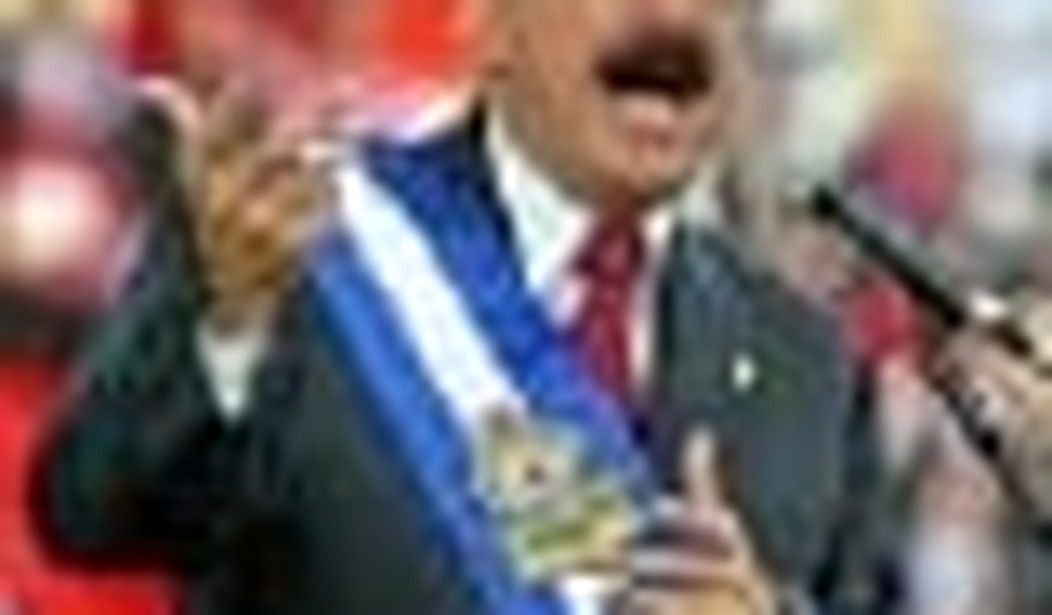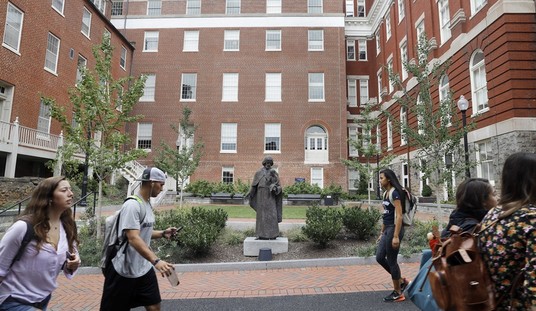As most already know, the Honduran Supreme Court was in the midst of a ongoing clash with President Manuel Zelaya on June 28 when an order was issued for President Zelaya’s arrest. The order was executed by the Honduran military, which, it appears, exceeded its authority and not only arrested him but took him to Costa Rica. It did so to prevent internal violence.
The crisis was due to a number of things, including Zelaya’s efforts to amend the Honduran constitution in ways both procedurally and substantively prohibited by that document. The congress then followed the Honduran laws of presidential succession and appointed the (civilian) president of the Congress, Roberto Micheletti, to be the interim president until elections could be held, as scheduled, in November.
While claimed by many to have been a coup by a military junta, it was not. The civilian government remains in power, and the military remains subordinate to it. (A more detailed account is provided in an article I wrote on June 30. A certification by Honduras of its bases for removing Mr. Zelaya from the presidency is provided here.)
Since the departure of Mr. Zelaya, Honduras has been a focus of much unwanted international attention. President Hugo Chávez of Venezuela has been adamant in demanding that Mr. Zelaya be reinstated as president; the United States Government, while less acerbic, has demanded the same. The Organization of American States (OAS) and the Bolivarian Alternative for Latin America and the Caribbean (ALBA), largely under the leadership of President Chávez, have demanded Zelaya’s return, and so has the UN.
Publicly, at least, Honduras stands alone with the sole exception of the government of Panamá, which, on July 6, asked the various governments to keep their noses out of Honduras’ internal affairs. President Ricardo Martinelli, who recently won the presidential election in Panamá by an unprecedented sixty plus percent with very high voter turnout, stated:
Panamá has to be a leader of freedom and justice, not only here in our home, but in our region and our continent. As president, I will do everything within my power to advance the ideals of a free economy, defying the ideological pendulum in Latin America.
News coverage in Panamá of the Honduran mess has been less biased than most coverage in the United States and elsewhere, and the return of Mr. Zelaya is favored by very few here.
The United States government expressed concern that Mr. Zelaya’s return might “fuel instability.” In fact, Mr. Zelaya attempted a return to Honduras on Sunday and it did indeed fuel violence — which was observed by the large flock of reporters accompanying him on a Venezualen aircraft and by Venezuelan TeleSur cameras at the airport, broadcasting to the world.
The aircraft provided by the Chávez government was unable to land, and Mr. Zelaya proceeded to El Salvador and Nicaragua. On July 6, he departed Nicaragua for Washington, D.C., where he is to meet with Secretary of State Hillary Clinton prior to his anticipated attempt to return to Honduras on July 8 or 9. Previous meetings subsequent to Mr. Zelaya’s removal from the presidency had been with lower ranking officials.
Also on July 6, an unofficial mission representing the interim Honduran government left for Washington, even though the United States government has not recognized it. According to the Latin American Herald Tribune, “a spokesman for the State Department said Monday that no U.S. officials would meet with representatives of ‘the de facto regime’ in Tegucigalpa.”
The interim Honduran government had previously expressed willingness to hold the scheduled November election early. It even considered holding a plebiscite on whether Mr. Zelaya should be reinstated. These expressions were rejected by the OAS representative who visited Honduras over the weekend, and it seems very unlikely that they will be seriously considered by Washington, the OAS, ALBA, or the UN.
What happens next? Mr. Zelaya has threatened to make a second attempt to return to Honduras. Through a spokesman, he stated that “it could be by air, sea or land. … We are not going to say where.” The main Honduran airport remains closed, and it seems unlikely that Mr. Zelaya will be able to land there. Assuming that he nevertheless tries to return, the options would appear to be by land or sea — unless, of course, he decides to bring a parachute. When his aircraft was prevented from landing on July 5, he said that if he had brought a parachute, he would have used it.
Honduras’ neighbor Nicaragua is immediately to the south-east of Honduras, and Nicaraguan President Daniel Ortega is a close ally of President Chávez, who has blustered that the Venezuelan military will force Mr. Zelaya’s reinstatement. The logistics would appear to make this difficult. Colombia, Panama, and Costa Rica lie between Venezuela and Nicaragua, and Panamá is very unlikely to authorize movement of Venezuelan troops through her territory. Colombia also seems unlikely to cooperate to that extent, and Costa Rica probably probably won’t either. Venezuela most likely lacks sufficient transport aircraft to send in troops by air, and its navy is similarly inadequate for that task. It would not be surprising, however, if Mr. Zelaya attempted to return via Nicaragua accompanied by Nicaraguan troops.
In these circumstances, it seems unlikely that either side would back down. This would set the stage for a military confrontation at the border, during which it is conceivable that Mr. Zelaya and others would be killed.
That’s what may happen. What I think should happen is rather different. Panamá has it right, and foreign countries should keep their noses out of Honduras’ internal affairs. The early elections proposed by the interim Honduran government would very likely defuse the explosive situation there and, like the vote a few years ago when Mr. Zelaya was elected, would be fair and transparent. Honduras would most likely welcome international observers, should they be prepared to observe but not to interfere.
Unfortunately, the “international community” has already said and done too much. If it continues on that ill-fated course, Honduras’ willingness to advance its November election may well diminish and Honduras may well become a locus of military confrontation in Central America.









Join the conversation as a VIP Member